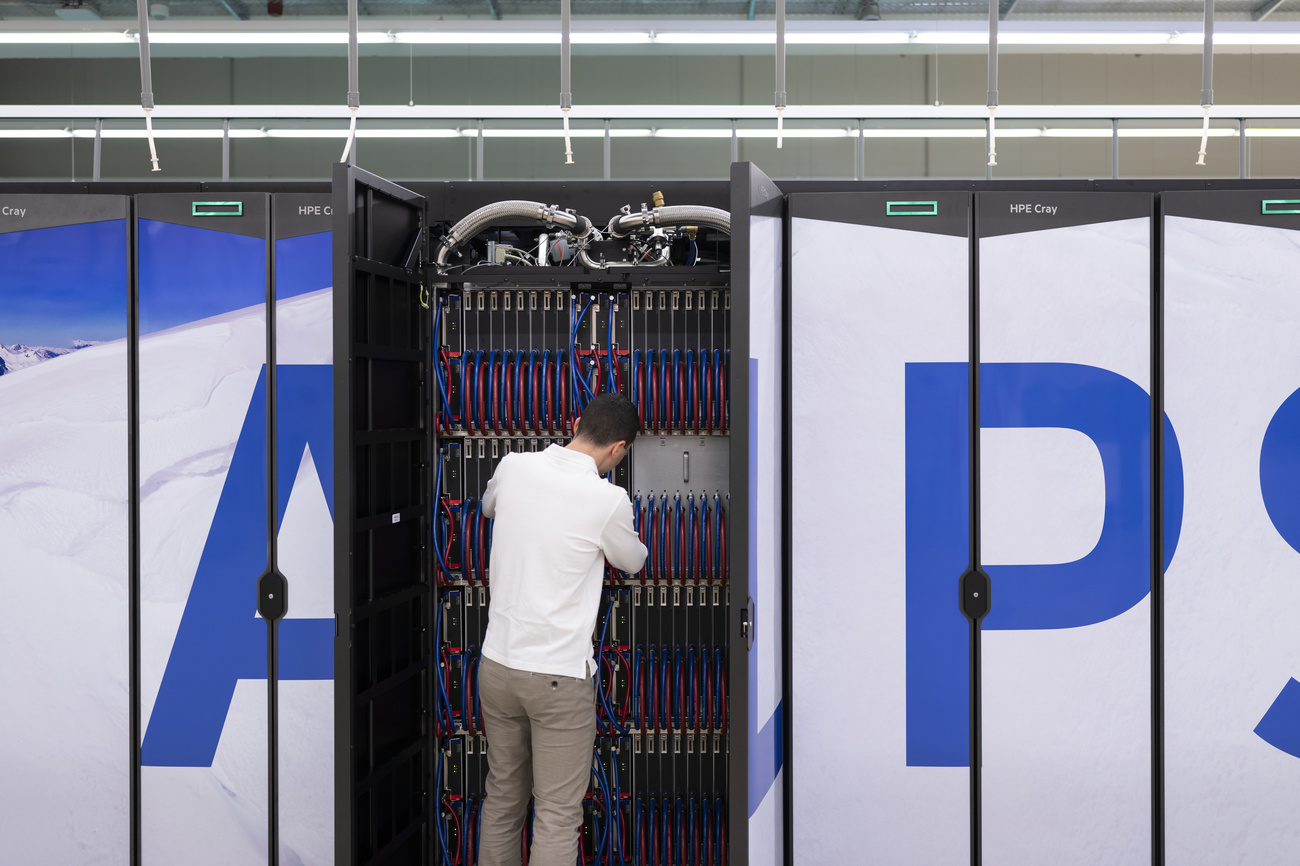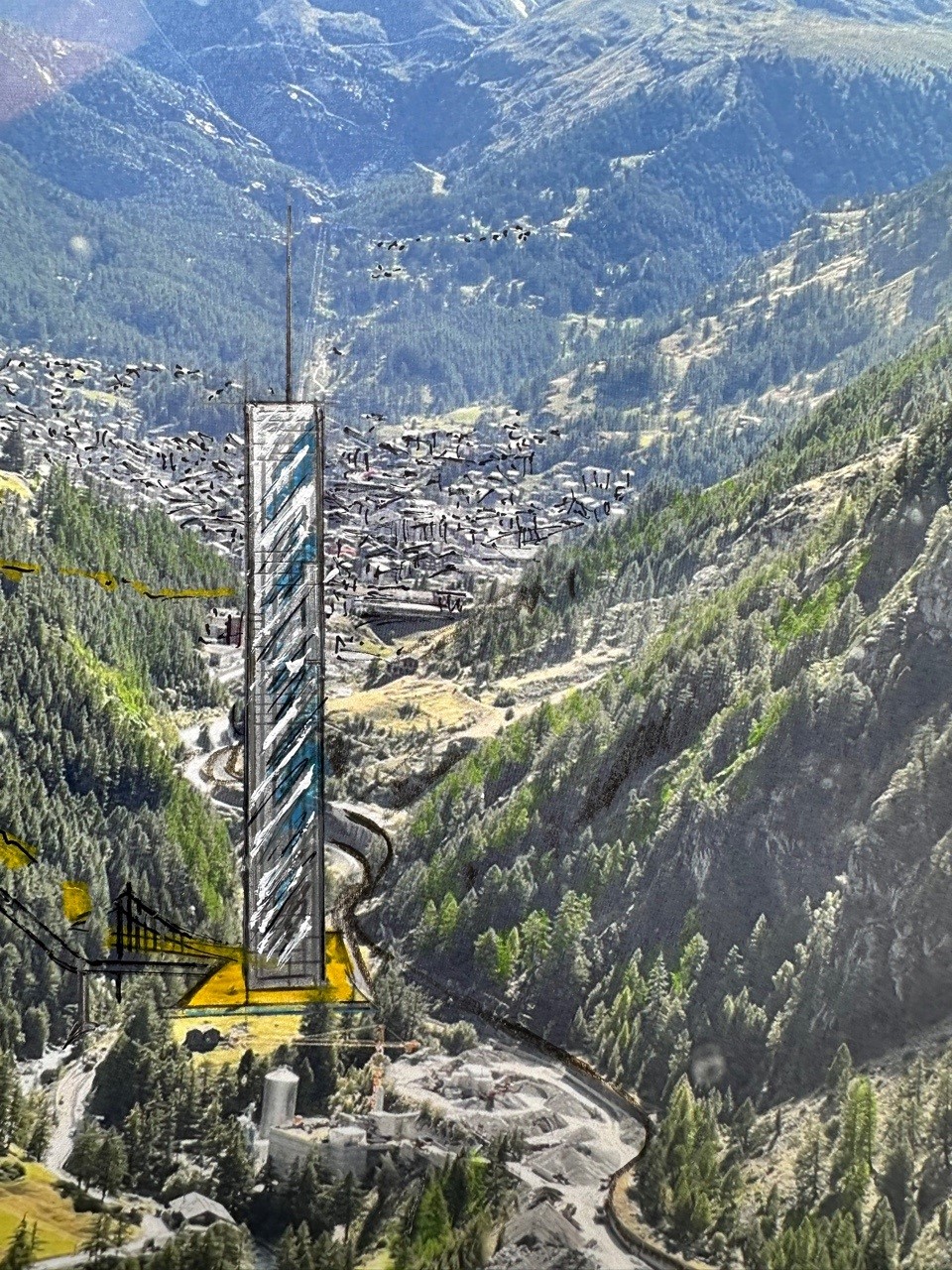Do you worry about the environmental impact of AI?
Artificial intelligence (AI) systems promise to help tackle some of the world’s biggest challenges, including climate change. However, it’s also becoming clear that they’re part of the problem themselves – notably because the machines which power them need huge amounts of energy and natural resources.
And as large AI models, like those behind the popular chatbot ChatGPT, get increasingly complex and expensive, these environmental problems are likely to grow.
Do such considerations influence your use of such tools? How? And what solutions would you propose to tackle the problem?
Let us know your thoughts in the debate below!

































Join the conversation!